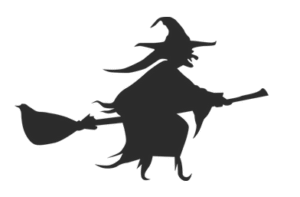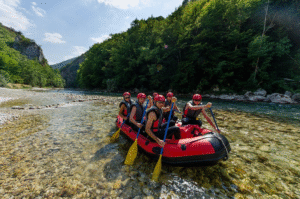Why Bosnians Should Support Refugee Communities: Reflections from Tutoring with FORA
By Leonina Kaltak
Growing up Bosnian means understanding the weight of displacement, resilience, and starting over. Our families fled war to rebuild their lives in foreign countries, facing language barriers that made everyday life in America difficult. That’s why I decided to volunteer with Forging Opportunities for Refugees in America (FORA). Supporting refugee families experiencing similar struggles the Bosnian community did felt like more than volunteering; it was a way to honor my own family’s journey.
At FORA, I worked with refugee students from all over the world, primarily from Myanmar. Many of my students came to the United States with no knowledge of English, much like my parents when they arrived. I taught them the basics of English grammar and vocabulary, helped them out with homework, and listened to what they had to say. What struck me most was not how different we are, but how similar their experiences were to my own family’s story. I recognized their confusion, the pride they took in small victories, and the deep desire they had to belong.
Bosnians in the diaspora have unique perspectives and lived experience that can be incredibly valuable in these spaces. We know what it’s like to be viewed as outsiders. We’ve seen our parents work jobs that didn’t match their skills or education level back in Yugoslavia. We’ve served as our parents’ interpreters at doctor appointments and school meetings. When we support today’s refugees by volunteering, we’re extending the kind of compassion and understanding that we once needed ourselves.
There is power in turning our past into something meaningful. For the Bosnian American community, this means welcoming those who are starting over, showing empathy informed by our own experiences, and helping others feel at home.




